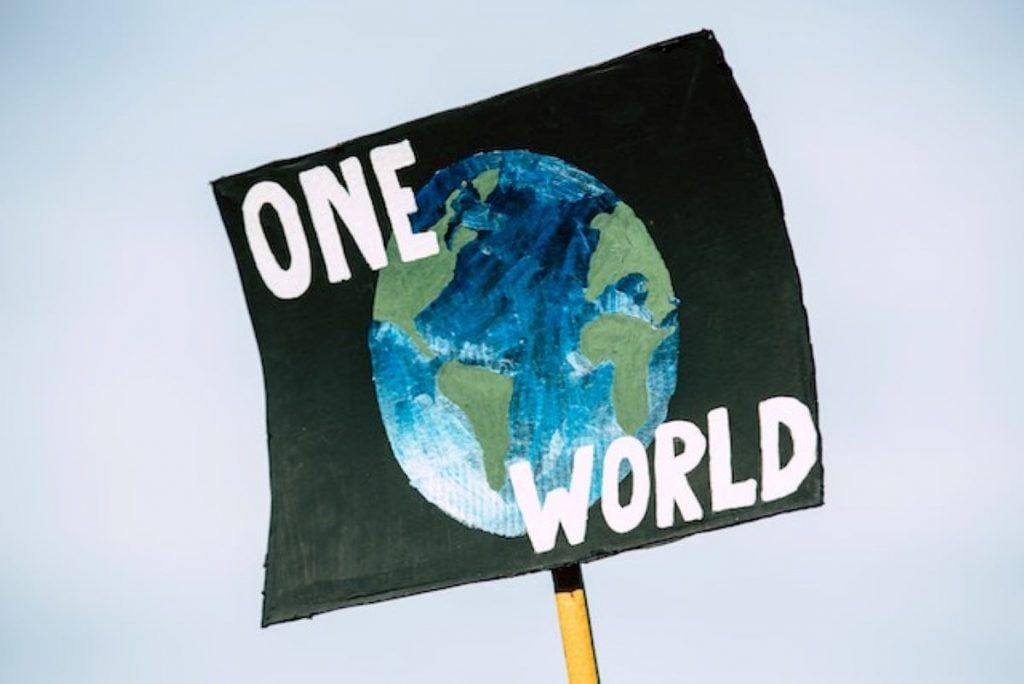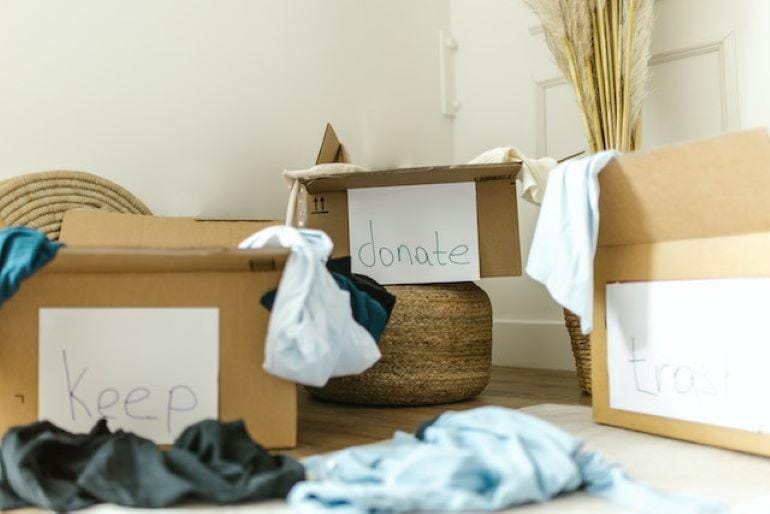
Thinking and acting green is not only about recycling, plastic and garbage selection. It’s a more serious topic that requires a total change in our living habits. And although you can hear many myths about green living that confuse people and make them believe they are saving both the Earth and themselves, some good habits can really make a change. People in Portland seem to get the idea. Take a look at several tips for eco-friendly living in Portland, and find out why it’s one of the top green cities in America.
1. The recycling moment
Every single thing that we are using right now can be recycled. If you have ever heard anything about pollution, you know that garbage is one of the top dangers that our planet meets. If not sorted and recycled, everything we throw away is left to decompose in nature. And that process can sometimes take hundreds of years if it happens at all.
On the other hand, if the items are recycled, they are turned into secondary materials that are later reused to make new products. That process saves energy, conserves natural resources, and protects our environment.
2. Don’t use plastic—one of the tips for eco-friendly living in Portland
Plastic bags and bottles take from a hundred to about four hundred years to decompose. Still, many people all around the world use them on a daily basis and throw them away after only one use. Consequently, tons of plastic bags, bottles, and other trash end up in the sea and ocean. This causes huge problems for nature and wildlife, especially for sea and ocean mammals. Most of them accidentally eat pieces of plastic bags or get entangled in them, eventually dying.

That is why turning to the usage of cloth bags can help a lot. They can last longer and thus be reused over and over again. On the other hand, reusing paper and plastic bags is also a good option. And, once you see they are not solid enough for the next purchase, don’t just throw them away. Instead, remember to dispose of them the right way.
Disposable products
Non-durable products are a tremendous ecological problem. Their disposal causes greenhouse gas emissions, and that has a direct effect on the planet’s ecosystem.
Thus, for example, if you want to throw an eco-friendly birthday party, avoid using disposable products such as paper napkins, plastic utensils, and other non-durable consumable goods. The after-party cleaning will indeed be much easier with them, but that implies an increase in waste, as well.
3. Control your shopping habits
The huge and uncontrolled consumption of goods is a serious worldwide problem. People buy food, household items, clothes, and many more things they don’t actually need, and that eventually end up as trash.
The tips for eco-friendly living in Portland suggest more reasonable and planned shopping habits.
- Durable goods are always the best choice
- Containers and packaging are not desirable and should be reduced to a minimum
- Buying equipment and tools you will need only from time to time is also a bad idea. Try borrowing them from your neighbor or renting them
With all these steps, you will save a considerable amount of energy used to manufacture, transport, and dispose of such items.
4. Donate things you no longer use
If you have some household items, clothes, or other consumer goods you don’t need anymore, don’t throw them away. Instead, give them away to some local charity organization where someone else can reuse them.
This counts for the relocation process, as well. As experts from Mod Movers would say, there are so many things you need to deal with while moving. One such thing is to decide what to do with the things you don’t want to move into your new home. Do not hesitate. Donate them right away. That way, you’ll not only help someone out, but you’ll also make your relocation eco-friendly as well.

5. Think about saving electrical energy and water
The reduced usage of electricity will have a positive impact on lowering greenhouse gas emissions. That’s why you should listen to some of these eco-friendly pieces of advice:
- Try switching off and unplugging your electronic devices when you are not using them, and avoid standby modes on your computers
- Shut off your lights when you’re out, and replace all the regular light bulbs with LED ones
- Avoid using large energy users like desktop computers, clothes dryers, and ovens. Try laptops, air drying, and microwaves instead
- Consider buying electronic devices with the so-called Energy Star label. They can sometimes save up to 65% in energy use. On the other hand, if you have an old computer you want to get rid of, donate it to a school or a needy family
- Don’t waste water on car washing or watering your garden, and be economical while washing your dishes, having a shower, or brushing your teeth
6. The food you eat
If you thought that eating habits have nothing to do with ecology and protecting your environment, you’re mistaken. A healthy lifestyle and sustainable living have a lot in common.
- Eating less meat and more fruit or vegetables can reduce carbon dioxide emissions since making animal-based products causes higher greenhouse gas emissions
- Organic food is eco-friendly since you need less energy to produce it
- If you choose to buy food from local producers, you’ll save on transportation costs
- Avoid throwing food away. Even though you don’t use it, there is an energy loss for its production and transportation
7. Transportation
Reduce driving your car to a minimum. Start riding your bikes, walking, or using public transportation instead. On the other hand, when you have to drive, do that gently and with the optimal speed of 50mph. That will reduce harmful gases emission, and nature will be grateful for that.
What’s more, if you come from California, and want to start a new life here, in Portland, think about hiring the interstate movers rather than doing it all by yourself. Experts will be able to deal with transportation issues more efficiently and in the most optimal way so that you’ll prevent energy waste.

What do you think about your lifestyle and habits after learning all the facts? If these tips for eco-friendly living in Portland made you change at least some of the bad ones, we’ve reached our goal.
Writer’s bio:
Anna Walker is a pharmacist. She lives in New York with her four-member family. She is very interested in a healthy lifestyle. Anna also works as a part-time blog writer, and her favorite topics are pollution and saving the environment.
